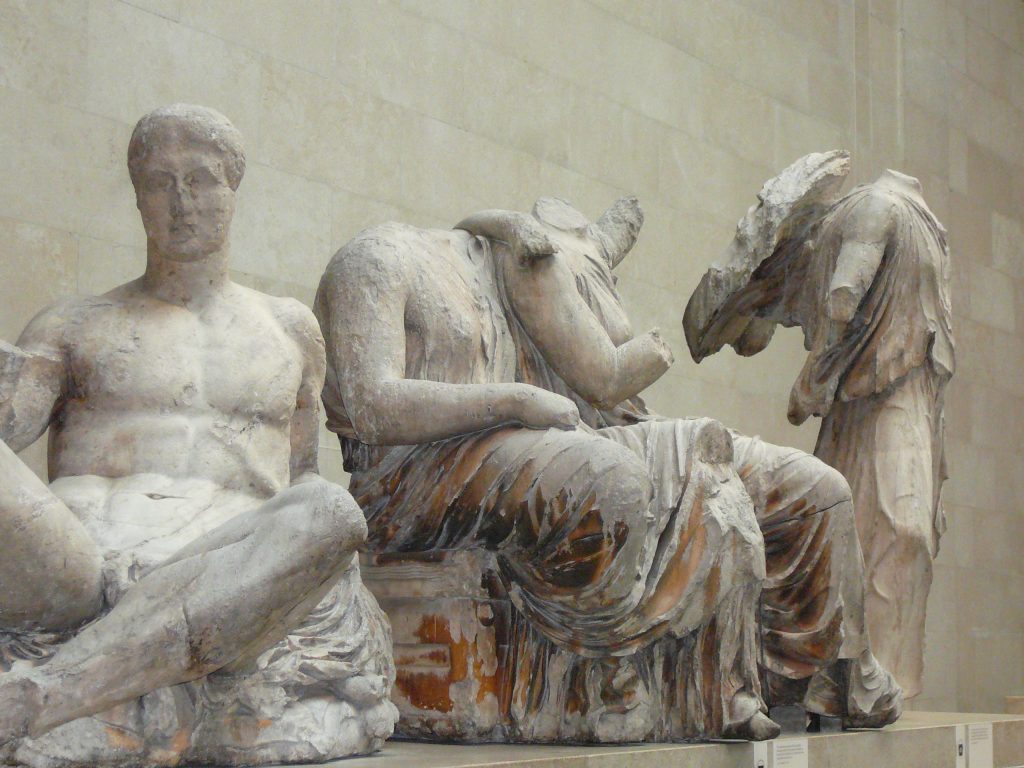Art World
Elgin Marbles Crop Up in Greece’s Tense Election Campaign
Hoping to gain more votes, the radical left party Syriza fuels the controversy.

Hoping to gain more votes, the radical left party Syriza fuels the controversy.

Lorena Muñoz-Alonso

In the run up to Greece’s general elections, the controversial Elgin Marbles have become a useful propaganda tool. Tasos Kourakis, MP for the radical left party Syriza, released a statement earlier this week saying that the ancient marbles had not been “transported” to England, but “snatched by force.”
The priceless collection of marble artworks was removed from the Parthenon in Athens by Lord Elgin between 1801 and 1812, and subsequently sold to the British Parliament in 1816. The sculptures, which have been displayed in the British Museum ever since, have been at the center of frenzied media coverage and a raging diplomatic controversy in the last few months.
Kourakis’ comment refers to an art history textbook, which has been used in Greek schools’ curriculum for ten years without arising any controversy. Greece’s Education Ministry responded to Kourakis’ remark, pointing out its particular timing at the height of the election campaign.
Syriza, Greece’s main opposition party since 2012, is poised to win the forthcoming general elections on January 25. Recent polls show it has a 3.5 point lead over the ruling conservative party, led by Prime Minister Antonis Samaras.
A Commitment to the European Union
Syriza’s meteoric rise has ruffled feathers in Europe, where the party is seen as an advocate of Greece’s exit from the Eurozone (also known as “Grexit”), although Syriza members have recently reiterated their commitment to the European Union.
One of the main features of Syriza’s electoral program is a staunch anti-austerity program, which vows to cancel the measures imposed to meet the conditions of Greece’s €240 billion bailout, and the renegotiation of the country’s debt obligations. A victory for Syriza could lead to a major fallout with both the EU and the International Monetary Fund lenders, which could well lead to Greece leaving the Eurozone all the same, according to Reuters.
Kourakis’ remark, thus, could be seen as an attempt from Syriza to harness (and profit from) the rising indignation in Greece triggered by the British Museum’s ongoing refusal to return the Marbles, which successive governments have been demanding for over 30 years (see Will Greece Deny British Museum Loan Over Elgin Marbles Controversy?).
So despite their opposing stances, the current government and Syriza might have found a bit of common ground in the shape of these ancient marbles. The Minister for Education and Religious Affairs, Andreas Loverdos, in fact, took to Facebook to state that the text book’s explanation on the Elgin Marbles had a “monstrous wording” and that he had given the order to withdraw the book, so teachers could “give the correct information to the students.”